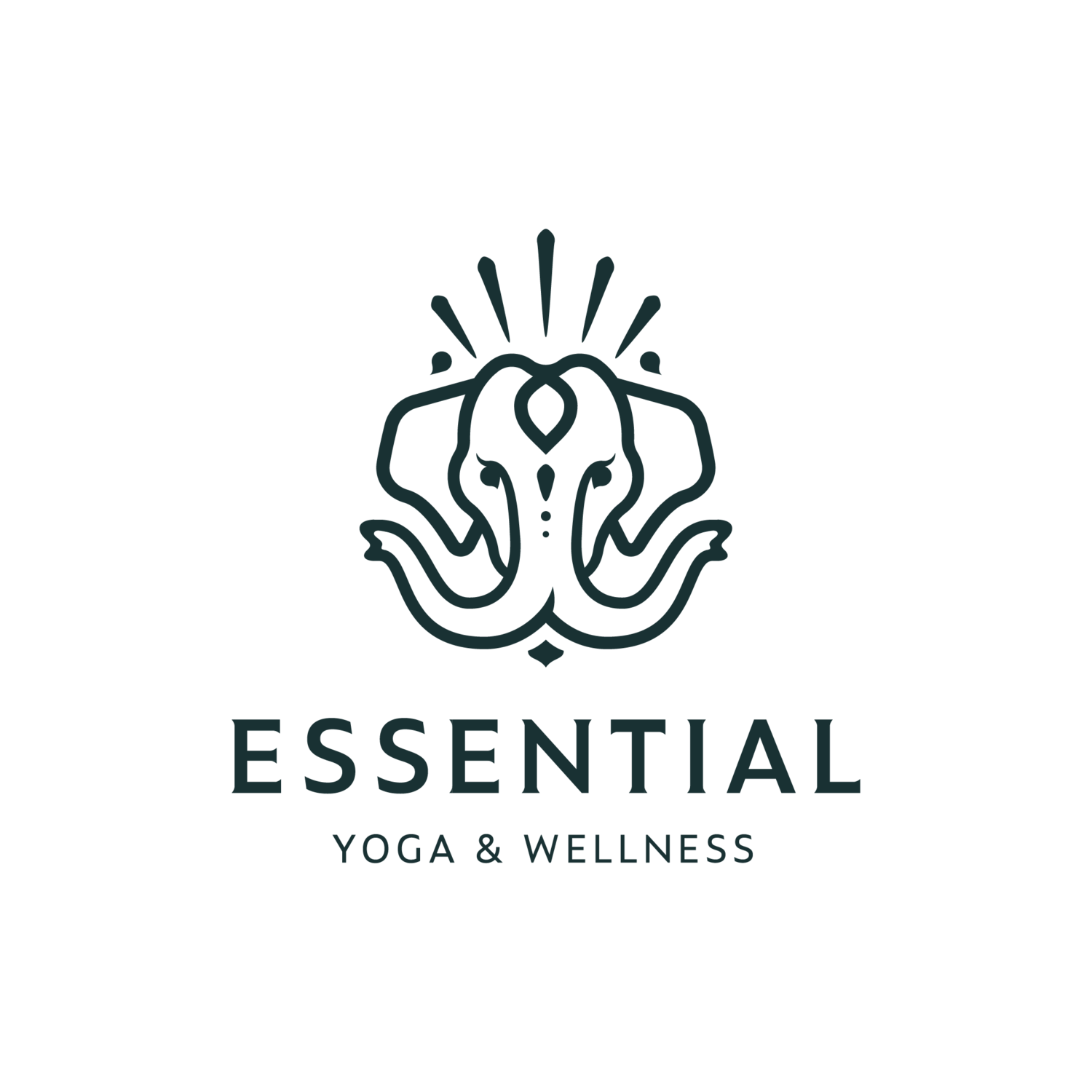Optimize your life for longevity with Adaptive Yoga
We are getting older. And while we hope to live long happy lives, the reality is that as we age, our health may start to decline. So what can we do to help optimize our body’s longevity? Yoga! That's right; yoga - can be an excellent tool for seniors who want to stay healthy and active. Here's how yoga can help you (and your elderly parents!) live a longer, happier life.
What is Adaptive Yoga?
Adaptive yoga is a gentle form that uses chairs, props, and modified poses to allow seniors to practice in a safe and comfortable environment. It can provide significant balance to the body, incorporating strength, stability, and mobility exercises for functional independence. Adaptive yoga can also be gentle on the joints with minimal stress or resistance, and it encourages seniors to listen to their body’s limits while taking into consideration any unique physical limitations or conditions that require adaptations. With an emphasis on deep breathing, patience, and loving-kindness towards oneself, adaptive yoga is a perfect way for seniors in any condition to enjoy the many benefits of this ancient practice.
What are some of the health concerns that adaptive yoga can help address?
Adaptive yoga is an excellent way for seniors to attend to their health as they age. Heart health, mobility, and strength are all areas that can benefit from adaptive yoga. Heart health can be addressed through the stress relief of slow and gentle movements that helps to lower blood pressure, offsetting any adverse impacts of cardiovascular disease. Mobility issues can be improved by adapting poses and movements, so they are safe yet still beneficial. Adaptive yoga will help build strength while providing balance support and help improve overall flexibility; this ensures seniors can move safely in everyday life without assistance. With the physical benefits come cognitive benefits, as meditation techniques used in adaptive yoga can help reduce anxiety or depression that could be caused by aging or lifestyle changes.
What are some of the poses used in Adaptive Yoga?
Adaptive yoga is a practice that is catered to individuals who require special considerations when it comes to physical capabilities. Mountain pose and other standing postures can be done seated, or yogis can use the wall or chair for assistance. Standing postures awaken their connection with the earth. Balance poses like tree pose can be done near the wall or chair with support if needed and helps boost core strength by engaging the abdomen and legs. Light stretching postures, such as reclining or seated big toe pose, are perfect for deepening into your breath and gently moving energy throughout your body. Adaptive yoga teaches you how to be comfortable in your own skin and how to honor this experience in that very moment.
How to get started!
Adaptive yoga provides a gentle and supportive environment for those newer to the practice or who need modifications. To get started, it can be helpful to find a friend or family member to learn with. Finding a supportive group class that focuses on individualized adjustment can also provide support as you build comfort with your yoga practice. For those looking for even more personalized attention, private instruction is available and can help provide hands-on guidance in your journey toward mindful movement and strengthening yoga postures. Find a practitioner that will offer an inclusive, welcoming environment, and you'll be well on your way.
Listen to what others are saying-
Seniors have experienced numerous benefits as a result of engaging in adaptive yoga. Numerous seniors claim to feel better mentally and physically while noting that their balance, overall mobility, and energy level have all improved. In addition, seniors have commented on the calming environment engaging in adaptive yoga provides, an essential factor that cannot be overlooked when considering how beneficial it can be for seniors, helping them relax and cope with stressors they encounter in the modern world.
Adaptive yoga can provide seniors with many benefits, both physically and mentally. From improving balance and easing joint pain to increasing flexibility and core strength and promoting relaxation, adaptive yoga can serve as a safe place for elderly individuals to move their bodies and take some time for themselves. With modifications to traditional yoga poses that make it accessible to those healing from injury or living with chronic pain, adaptive yoga is suitable for any skill level. It encourages the growth of a healthy mind-body connection. The success stories of many who have participated in adaptive yoga classes speak volumes about the positive effects it can have on an individual’s physical and mental health. For those looking to get started with adaptive yoga, there are various classes and instructors available who teach adapted poses specially designed for senior citizens. So why wait any longer?
Take the first step today towards becoming healthier, more flexible, and more relaxed -- start practicing adaptive yoga!

